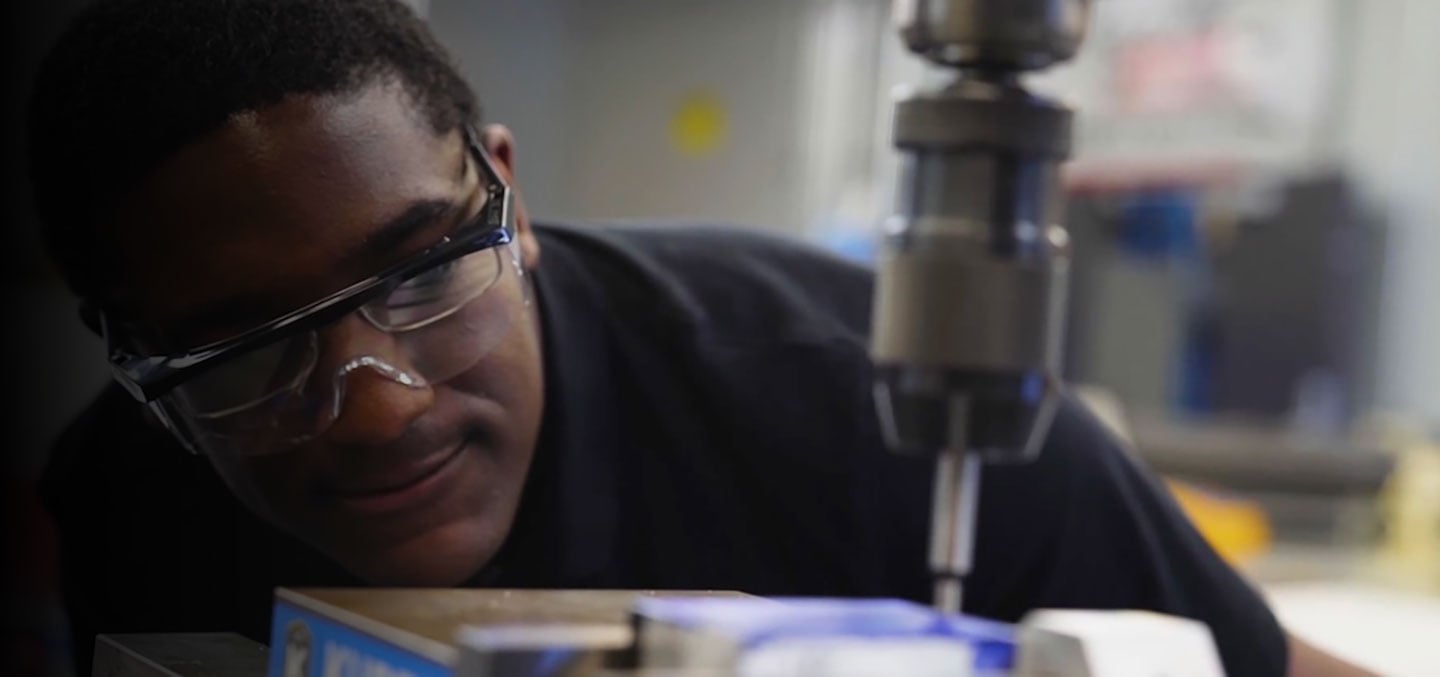Toni Neary, Director of Community Engagement and Workforce Innovation, recently moderated a compelling discussion on the importance of diversity, equity, and inclusion, focusing on neurodiversity and developmental disabilities. The session featured Peter Rathmann, President/CEO of Allis Manufacturing, and Ivan Rosenberg, founder of the Uniquely Abled Project (UAP). Both are staunch advocates for integrating neurodiverse individuals into the workforce, and they shared success stories while addressing common misconceptions about hiring neurodiverse employees. The key takeaway? Neurodiverse individuals often become highly productive, valued team members in manufacturing roles.
The Power of Neurodiversity
Individuals on the autism spectrum bring unique strengths that are highly valuable in manufacturing roles:
- Unwavering Dedication: Neurodiverse individuals are known for their strong work ethic and unwavering commitment to tasks. They consistently deliver high-quality work, bringing a level of reliability that employers can depend on.
- Laser Focus and Precision: Many neurodiverse individuals excel in tasks requiring meticulous attention to detail. Their ability to focus intently can be a significant asset in manufacturing environments where precision is paramount.
- Problem-Solving Prowess: Don't underestimate the problem-solving abilities of neurodiverse individuals. Their unique perspectives can lead to innovative solutions and approaches to complex manufacturing challenges.
- Strong Visual Skills: Many individuals on the spectrum possess exceptional visual-spatial skills, allowing them to quickly grasp technical concepts and excel in tasks requiring spatial reasoning.
Building Bridges: Creating Successful Training Programs
Integrating neurodiversity requires a thoughtful approach to training that accommodates the unique strengths and needs of neurodiverse individuals. Key strategies include:
- Equipping for Success: Specialized training programs for neurodiverse individuals don't skimp on rigor. Graduates receive the same level of training as their neurotypical counterparts, ensuring they meet industry standards and are fully prepared for the job.
- Seamless Transition: Minimizing the learning curve is crucial. When training equipment mirrors what's used in the actual workplace, the transition from classroom to factory floor becomes smooth and efficient.
- Targeted Support: Simple yet effective accommodations can make a world of difference. Adjusting communication styles, providing job-readiness training specifically for navigating social interactions, and creating inclusive work environments can significantly enhance the success of neurodiverse employees.
Establishing a Support System: A Collaborative Effort
Creating a truly inclusive environment requires a collaborative effort from various stakeholders. Here's how:
- Open Minds, Open Doors: Employers and educators need to be willing to adapt. Training programs on supporting neurodiverse individuals can equip staff with the knowledge and tools to foster a culture of understanding and inclusivity.
- The Power of Community: Building strong connections between families, educators, and employers creates a robust support system. When families feel involved and employers are well-informed, neurodiverse individuals have a greater chance of success.
Looking Ahead: Expanding Opportunities for All
The potential of neurodiversity in manufacturing is vast. Now is the time to adopt innovative ways to integrate neurodiversity in manufacturing:
- Beyond CNC Machining: Explore opportunities in other manufacturing fields, such as welding, assembly, and computer-aided design (CAD).
- Sparking Early Interest: High school engagement through career exploration programs, tours of manufacturing facilities, and workshops like those offered by organizations like Nuts, Bolts, and Thingamajigs can spark early interest in manufacturing careers among neurodiverse students.
- Industry-Wide Collaboration: Manufacturers can play a vital role by promoting open-mindedness, actively considering neurodiverse candidates for entry-level positions, and revising traditional selection processes to be more inclusive.
Embrace the Potential: Building a More Inclusive Future
By creating supportive environments and recognizing the unique strengths of neurodiverse individuals, manufacturers can tap into a hidden talent pool and build a more inclusive and highly skilled workforce. This benefits everyone – employers gain access to a reliable and dedicated workforce, and neurodiverse individuals find fulfilling and rewarding career opportunities.
For a more in-depth discussion on neurodiversity in the workforce, listen to the webinar: Beyond Limitations: Growing Your Workforce Through Inclusive Programs for All Abilities
